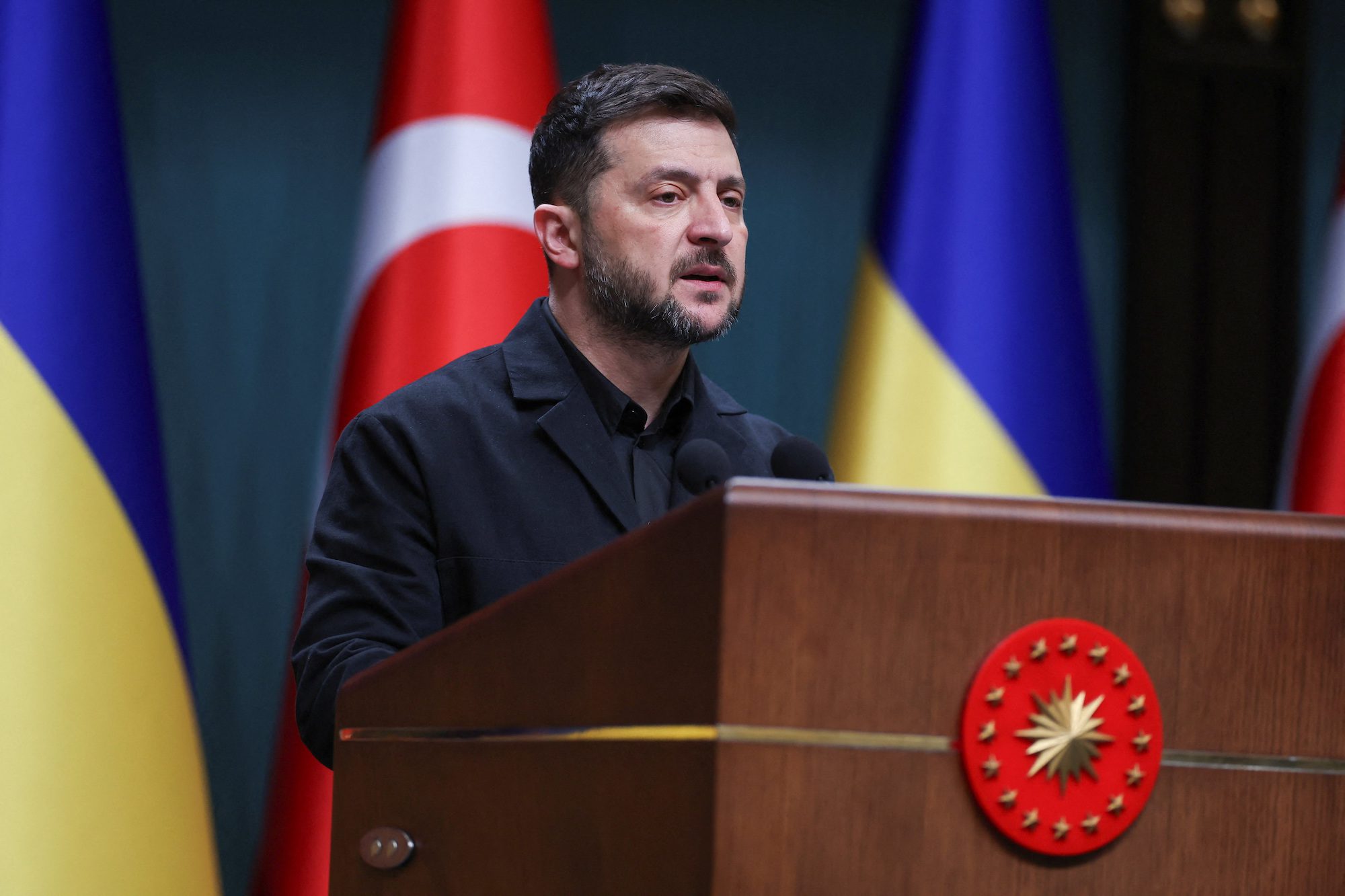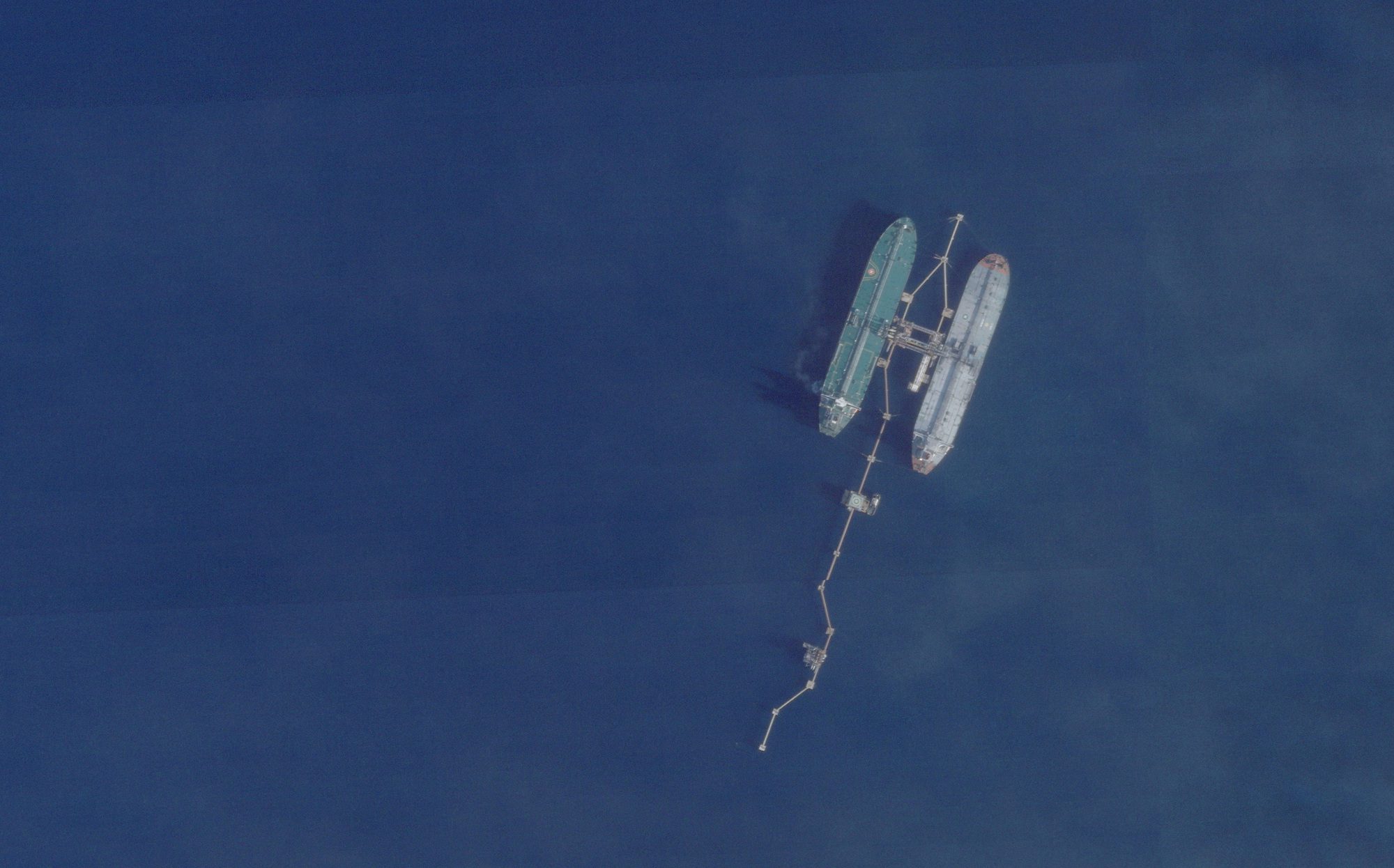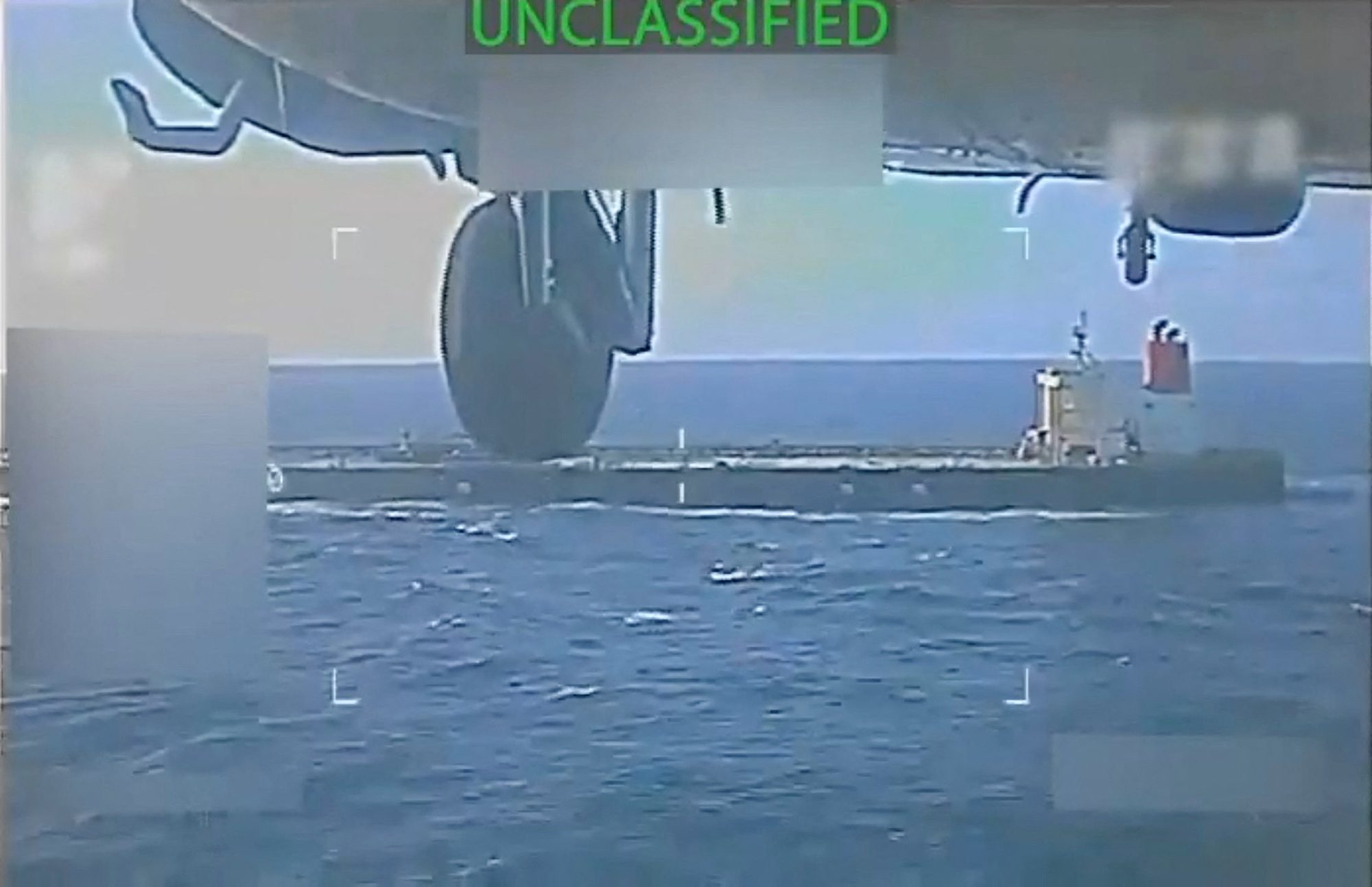By Tom Balmforth and Olena Harmash
KYIV, Nov 21 (Reuters) – President Volodymyr Zelenskiy warned on Friday that Ukraine risked losing its dignity and freedom — or Washington’s backing — over a U.S. peace plan that endorses key Russian demands, a proposal Donald Trump said Kyiv should accept within a week.
The U.S. president told Fox News Radio he believed Thursday was an appropriate deadline for Kyiv to accept the plan, confirming what two sources told Reuters.
Washington’s 28-point plan calls on Ukraine to cede territory, accept limits to its military and renounce ambitions to join NATO. It also contains some proposals Moscow may object to and requires its forces to pull back from some areas they have captured, according to a draft seen by Reuters.
Russia’s President Vladimir Putin, who has previously refused to budge on Russia’s key territorial and security demands, said on Friday the U.S. plan could be the basis of a final resolution of the nearly four-year-old conflict. He said Kyiv was against the plan but neither it nor its European allies understood the reality of Russian advances in Ukraine.
‘DIGNITY AND FREEDOM OF UKRAINIANS’
Zelenskiy, who has rejected the plan’s terms in the past as capitulation, appealed to Ukrainians for unity and said he would never betray Ukraine.
“Now is one of the most difficult moments of our history,” he said in a solemn speech to the nation delivered in the street outside his office, a location he uses only rarely for major addresses.
“Now, Ukraine can face a very difficult choice — either losing dignity or risk losing a major partner,” he said, adding: “I will fight 24/7 to ensure that at least two points in the plan are not overlooked – the dignity and freedom of Ukrainians.”
Two sources told Reuters Washington had threatened to cut off intelligence sharing and weapons supplies to Ukraine if it does not accept the deal. They spoke on condition of anonymity to disclose the contents of private meetings.
The White House did not immediately respond to a request for comment. However, a senior U.S. official later said it was not accurate to say the U.S. threatened to withhold intelligence.
In his public remarks, Zelenskiy has appeared careful not to reject the U.S. plan or to offend the Americans.
He held a phone call on Friday with the leaders of Britain, Germany and France, and later spoke to U.S. Vice President JD Vance. He said he had agreed with Vance to have their advisers work “to find a workable path to peace.”
“We value the efforts of the United States, President Trump, and his team aimed at ending this war,” Zelenskiy said. “We are working on the document prepared by the American side. This must be a plan that ensures a real and dignified peace.”
A poor deal for Ukraine could test the stability of its society after nearly four years of relentless warfare.
“Russia gets everything it wants and Ukraine gets not very much,” said Tim Ash of Britain’s Chatham House think tank. “If Zelenskiy accepts this, I anticipate huge political, social and economic instability in Ukraine.”
German Chancellor Friedrich Merz said on X he spoke with Trump by phone about the peace plan on Friday evening. He called it “a good and confidential phone call” in which they had “agreed on the next steps at the advisors’ level.”
The plan is expected to dominate discussions on the sidelines of the G20 summit in Johannesburg that European leaders are attending this weekend despite a boycott by Trump.
‘A VERY DANGEROUS MOMENT’
Three sources told Reuters Ukraine was working on a counter-proposal to the 28-point plan with Britain, France and Germany. The Europeans have not been consulted on the U.S. plan and have expressed strong support for Kyiv.
“We all want this war to end, but how it ends matters. Russia has no legal right whatsoever to any concessions from the country it invaded,” said the EU foreign policy chief, Kaja Kallas. “This is a very dangerous moment for all.”
U.S. officials have said their plan was drafted after consultations with Rustem Umerov, secretary of Ukraine’s National Security and Defense Council, a close Zelenskiy ally who served as defense minister until July.
Umerov “agreed to the majority of the plan, after making several modifications, and presented it to President Zelenskiy,” a senior U.S. official said on Thursday.
However, Umerov denied agreeing to any of the plan’s terms and said he had played only a technical role organizing talks.
RUSSIA’S DEMANDS SPELLED OUT, KYIV’S LEFT VAGUE
The plan would require Ukraine to withdraw from territory it still controls in eastern provinces that Russia claims to have annexed, while Russia would give up smaller amounts of land it holds in other regions.
Ukraine would be permanently barred from joining the NATO military alliance, and its armed forces would be capped at 600,000 troops. NATO would agree never to station troops there.
Sanctions against Russia would be gradually lifted, Moscow would be invited back into the G8 group of industrialized countries, and frozen Russian assets would be pooled in an investment fund, with Washington given some of the profits.
One of Ukraine’s main demands, for enforceable guarantees equivalent to NATO’s mutual defense clause to deter Russia from attacking again, is dealt with in a single line with no details: “Ukraine will receive robust security guarantees.”
Trump has accepted some of Russia’s justifications for its 2022 invasion of Ukraine while also expressing some impatience with Moscow.
(Additional reporting by Max Hunder, Anastasiia Malenko, Yuliia Dysa and Dan Peleshuk and Alessandro Parodi, Writing by Peter Graff, Gareth Jones and David Brunnstrom; Editing by Philippa Fletcher, Timothy Heritage and Cynthia Osterman)
(c) Copyright Thomson Reuters 2025.

 Join The Club
Join The Club











